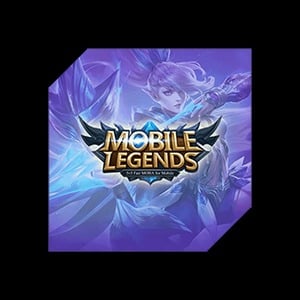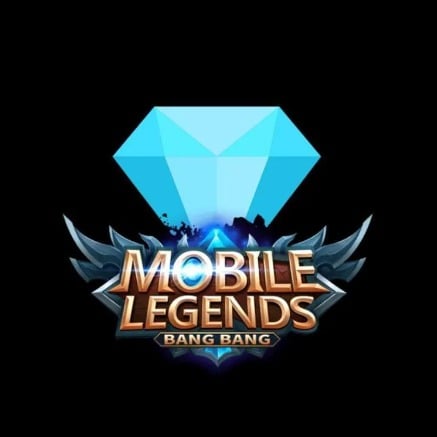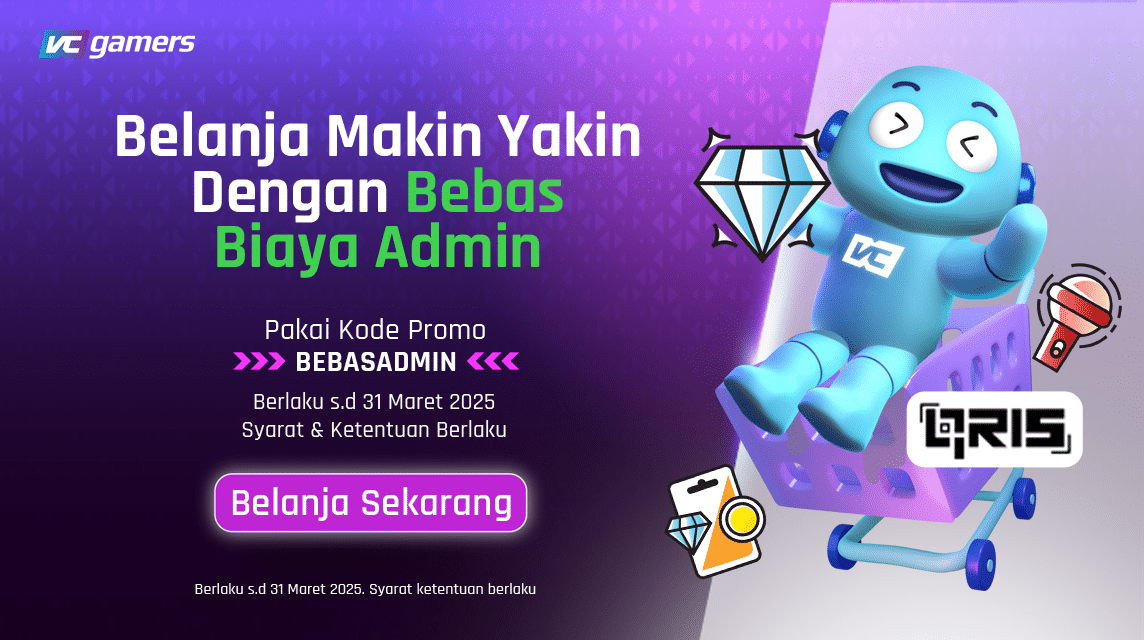In recent years, Esports (electronic sports) has grown from a niche market to a multi-billion dollar industry, challenging traditional sports in terms of viewership, player base, and global recognition. While both sports and Esports are inherently competitive, the level and type of competition between the two fields differs. To determine which is more competitive, it is important to examine a variety of factors, including technical requirements, accessibility, global reach, and the role of the betting market.
Skills and Training Requirements
In traditional sports, physical ability, endurance, and teamwork are key to competition. Athletes often start at a young age and train for years to develop strength, agility, and game-specific skills. Sports such as soccer, basketball, and tennis require exceptional physical fitness and the ability to perform under intense pressure. Competition begins even before reaching the professional level, with athletes vying for spots on high school and college teams and in professional leagues.
Esports, on the other hand, emphasizes cognitive abilities, reflexes, and mental toughness. Players must have sharp hand-eye coordination, quick reaction times, and a deep understanding of game mechanics and strategies. Games like League of Legends, Counter-Strike: Global Offensive, and Dota 2 require extensive training and teamwork, often similar to traditional sports training. Due to the high mental pressure, Esports players can suffer from burnout and poor performance, and their careers usually peak earlier than traditional sports players.
Cheapest MLBB Diamonds!


 RudyStorez
RudyStorez

 TopMur
TopMur

 RudyStorez
RudyStorez

 TopMur
TopMur

 RudyStorez
RudyStorez

 RudyStorez
RudyStorez

 TopMur
TopMur

 BANGJEFF
BANGJEFF

 TopMur
TopMur

 TopMur
TopMurWhile both of these areas require rigorous preparation, the type of training and expertise is very different. Because of these differences, the competition in each domain is unique but equally fierce.
Betting Abuse and Its Impact
Things like betting sometimes appear in competitive landscapes like sports and Esports. Traditional sports betting has a long history, with billions of dollars wagered each year on events like the FIFA World Cup, the Super Bowl, and Wimbledon, and various bonuses, prizes, and other freebies.
The relatively new Esports betting has also started to appear, such as at major tournaments such as “The International” (Dota 2), “League of Legends World Championship”, and “CS: GO Major”. The emergence of live streaming platforms such as Twitch and Kick has also further encouraged this.
Traditional sports often have stricter rules to maintain integrity, and organizations actively combat match-fixing and anything illegal.
Because Esports is a new discipline, the regulatory framework is still developing and therefore struggles to enforce the same standards across global tournaments. This inconsistency can sometimes hurt the perceived competitiveness of Esports, even when the actual level of competition among players is high.
Fan Engagement and Pressure
Another way to measure competitiveness is to examine the role of fan engagement and the pressure it creates. Most popular sports are played in stadiums filled with thousands of spectators, with millions watching on television or online, creating an intense atmosphere. Athletes must play under intense scrutiny, with fans, commentators, and critics analyzing their every move.
In Esports, live audiences are becoming increasingly common, and tournaments are held in large arenas. Additionally, platforms like Twitch and YouTube Gaming allow millions of people to watch and interact in real time, creating a similar level of pressure on Esports competitors. However, some argue that the physical presence of fans in traditional sports creates a unique intensity that is difficult to replicate in a digital format.
Regulation
Sports and Esports are both highly competitive in their own ways, but the types of competition they foster are very different. Traditional sports benefit from history, global infrastructure, and established systems for competition and betting. The physical demands and cultural significance of sports contribute to their enduring competitiveness.
Esports, on the other hand, represents a new competitive horizon. Its accessibility, rapid growth, and global reach make it highly competitive, especially among the younger generation.
Ultimately, the question of which is more competitive may depend on individual perspective and priorities, but it is clear that both arenas require tremendous skill, dedication, and perseverance to be successful.







